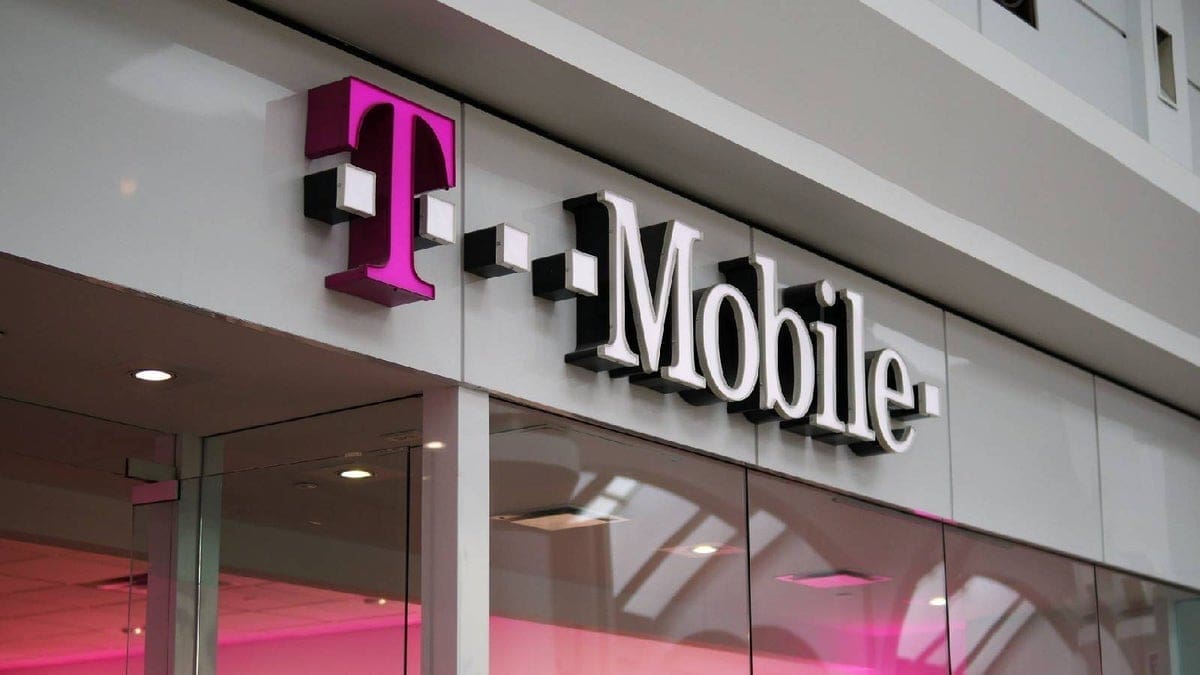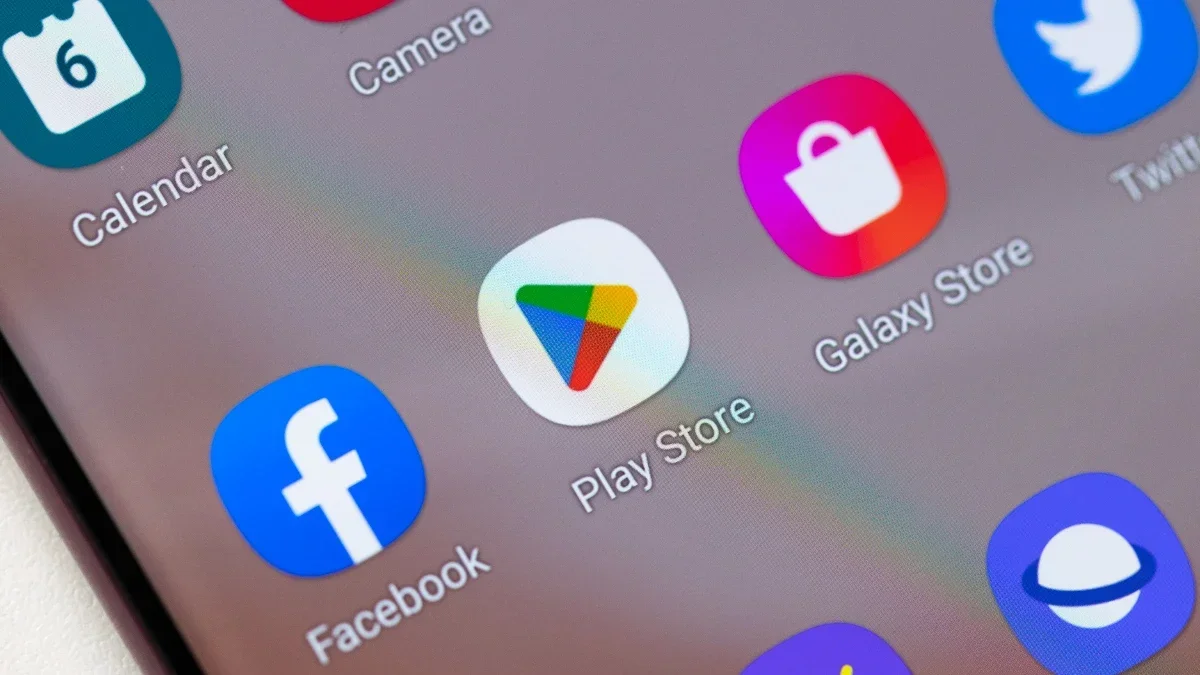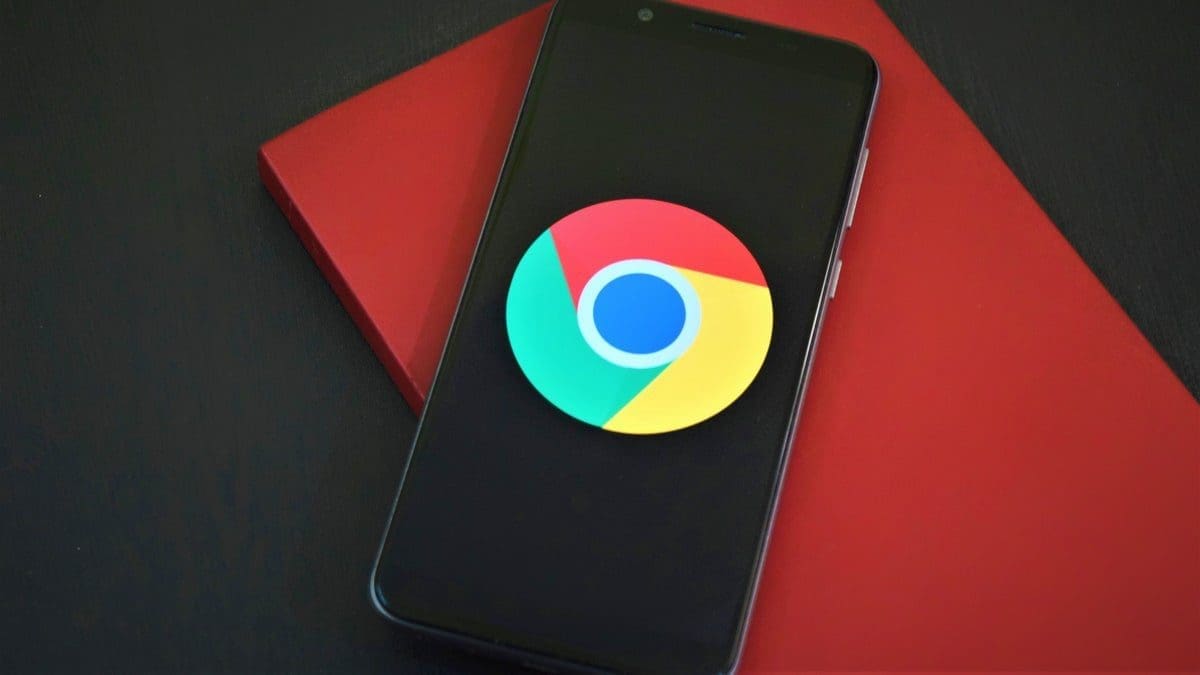As of April 2020, T-Mobile bid farewell to its unconventional CEO, John Legere. With his signature long hair and vibrant T-Mobile attire, Legere revolutionized the industry by putting customers first and shaking up the competition. His passion for phones and innovative strategies propelled T-Mobile to the forefront of telecommunications.
Under Legere’s leadership, T-Mobile acquired Sprint, securing valuable mid-band spectrum for 5G dominance in the U.S. His dynamic approach earned him the title of the best CEO in wireless for five consecutive years. However, since April 2020, Mike Sievert has taken the reins, shifting the company’s focus towards stock prices rather than customer satisfaction.
Recently, I had a candid conversation with a seasoned T-Mobile Mobile Expert (ME) who shed light on the internal challenges facing the company. Many employees reminisce about Legere’s era as a time of positivity and customer-centric values. However, under Sievert’s tenure, stringent metrics have led to questionable practices among representatives.
According to the ME, morale within T-Mobile is dwindling as employees struggle to meet evolving performance targets. The shift towards “opportunity-based” metrics has created a divide between employee welfare and company priorities. The ME highlighted concerns about reduced pay impacting employee loyalty and performance.
To combat fraudulent activities and boost employee morale, the ME suggested implementing pay raises to alleviate financial pressures. Reflecting on T-Mobile’s journey post-Sprint acquisition, he emphasized the stark contrast between Legere’s charismatic leadership and Sievert’s more reserved approach.
In conclusion, while Legere brought flair and excitement to T-Mobile, Sievert faces challenges in maintaining employee satisfaction and ethical standards within the company culture. As T-Mobile navigates this transition period, it remains crucial for leadership to balance financial goals with employee well-being for sustained success in telecommunications.










